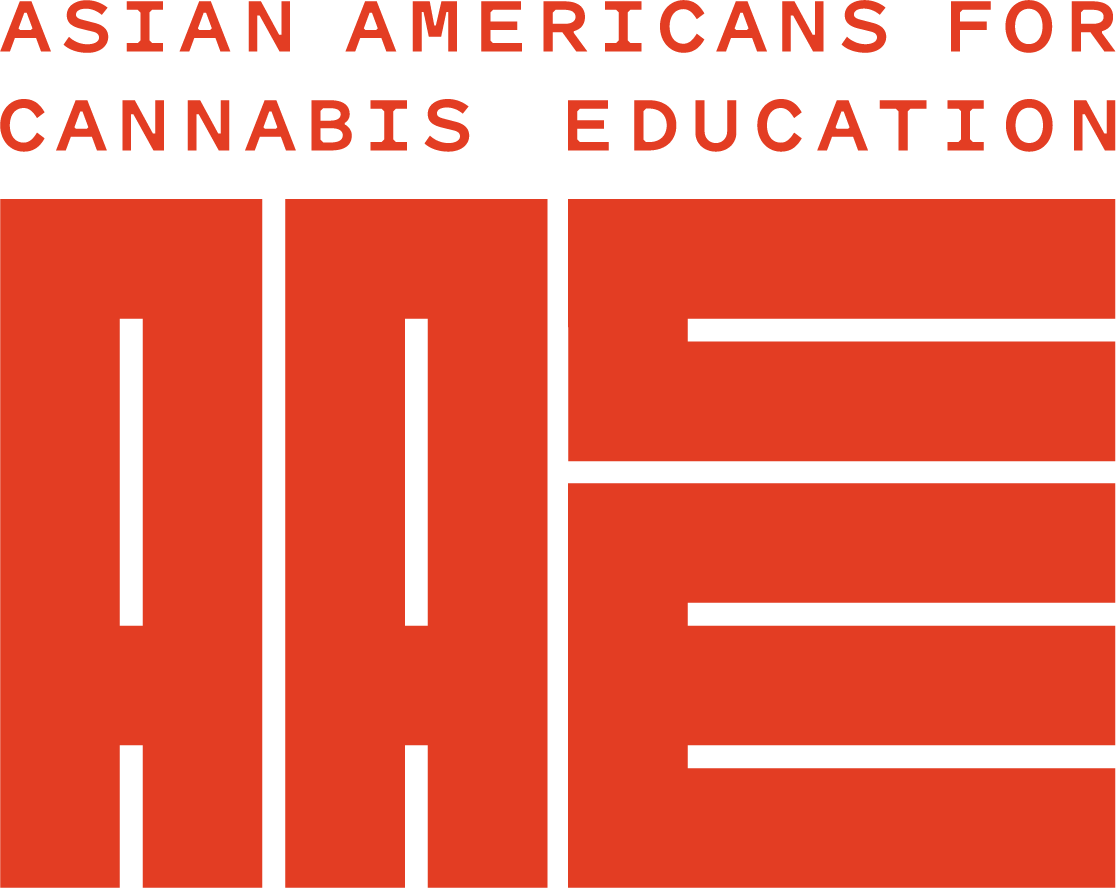To Keep Asian American Communities Safe and Healthy, Cannabis Consumption Needs to Come Out of the Shadows
As cannabis use gains acceptance in mainstream American society, and here in California in particular, consumer consumption and cultivation in Asian American communities remain a taboo subject.
Despite its Asiatic history—new research suggests the evolution of early cannabis about 28 million years ago on the eastern Tibetan Plateau, and evidence of cannabis burning in Central Asia as long as 2500 years ago—discussion of the growing use of cannabis by young Asian Americans is limited by a generational disconnect and fear of stigma in a group with a law-abiding culture.
These factors could be putting the health and safety of our community at risk. There needs to be more transparency and dialogue around growing legal cannabis use among Asian Americans, coupled with a strong effort to ensure that consumers are purchasing safe product from licensed operators.
To start, we must remove the stigma around cannabis use in our communities—starting with the belief that it doesn’t exist. Los Angeles County data on marijuana use suggests that cannabis consumption by Asian American adults has slowly increased in the last decade, especially among those who are native U.S. citizens: three percent of foreign born Asian American adults in Los Angeles County reported using marijuana in 2015, compared to 13.2 percent of U.S. born Asian American adults. Given that California voters passed Proposition 64 in 2016, which legalized the cultivation, sale, and use of marijuana for adults ages 21 years and above in 2016, those rates are likely higher now.
The fact that medicinal and recreational marijuana is legal and exists in the Asian community must greater dialogue about the need to purchase products that are safe. This is not an unusual concept. Many individuals in the Asian community use herbal medicines which, while perceived as “natural,” are not all necessarily safe, and consumers depend on regulatory agencies for protection. Earlier this summer, for example, testing by the U.S. Food and Drug Administration (FDA) identified potentially excessive levels of lead in a popular Chinese herbal company’s herbal supplement, leading to a recall to protect the public from potentially serious and lasting health consequences.
Similarly, cannabis consumers must purchase products from licensed cannabis distributors to ensure those products are safe. Since Proposition 64 took effect, many Asian American consumers have purchased cannabis products through unlicensed or “underground” cannabis business, simply to stay hidden. This is naïve and potentially dangerous. Products from unlicensed distributors are not laboratory tested and may contain harmful byproducts like heavy metals, pesticides, mold, mite infestations, or residual solvents that can cause serious harm. The California Bureau of Cannabis Control (BCC) tests cannabis products from licensed distributors for 66 pesticides, harmful chemicals, and dangerous fungi—but consumers can only be assured that their purchases are safe when they buy from a state-licensed shop.
A few years ago, when my sister became very ill, she began to use cannabis to relieve some of her pain and other issues. I also had to move past my preconceived notions about cannabis and to explore it fully to help my sister. I entered the industry with the intention to de-stigmatize it within my own community first (which meant me personally) and to the greater audience outside Asian Pacific Islanders. I created a stock photo agency to portray consumers as they who they really are, like my sister. My next project was to then speak directly to my community by creating Asian Americans for Cannabis Education, a website that introduces fellow APIs working in the industry, from doctors to researchers to students to chefs and more. It would have helped to know with certainty that the products she used then had been tested and were safe and not to stereotype her as that “stoner.” Today, consumers can go to CApotcheck.com to easily search for California state-licensed cannabis businesses, including retail, delivery, distributors, testing laboratories, and more and to http://www.asianamericansforcannabis.org/ for more information about our Asian cannabis community. After five years in this industry I proudly wear the moniker “stoner” in honor of my sister.
I am confident that our community will rise above our own cultural stigma, overcome debasing stereotypes of “Asians on weed,” and fully engage in the cannabis industry as both educated consumers and savvy entrepreneurs. But only when we transcend “shame,” seek transparency and prioritize the health of individuals in our community do we fully honor our heritage by keeping Asian American cannabis consumers safe.
Ophelia Chong is a founder of Asian Americans for Cannabis Education (AACE), which connects and educates Asian communities on cannabis issues, news, and policy.

